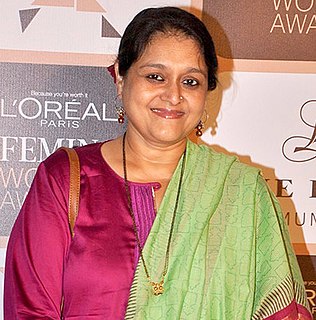A Quote by Barry Jenkins
'Moonlight' is a story that hasn't been told. Whether placed as queer black cinema or urban male cinema, the lack of coming-of-age films featuring people like Chiron and set in places like inner-city Miami is pronounced and unfortunate.
Related Quotes
My production company wasn't doing well, so we were not producing films. Over a period of time, we have realized that we are going to produce our own films and make cinema that we like. We've got so much in-house talent, and my kids are going to be coming, so we all decided that we are going to be in films and cinema.
It's true that there are younger people making films, and there are different kinds of films. This has created some attention in what's coming out of Greece, and people like to find a way to name this new ethnic cinema. It's not like there's a movement, or a common philosophy in making these films. They're just things that happened, and now people are paying attention to it.
I think what I loved in cinema - and what I mean by cinema is not just films, but proper, classical cinema - are the extraordinary moments that can occur on screen. At the same time, I do feel that cinema and theater feed each other. I feel like you can do close-up on stage and you can do something very bold and highly characterized - and, dare I say, theatrical - on camera. I think the cameras and the viewpoints shift depending on the intensity and integrity of your intention and focus on that.
For people to understand, you can't speak 'cinema.' Cinema doesn't have alphabets, so you have to go to the local language. Even in England, if they make a movie in London they have to make it in the Cockney accent, they can't make a film with the English spoken in the BBC. So cinema has to be realistic to the area that it is set in.





































